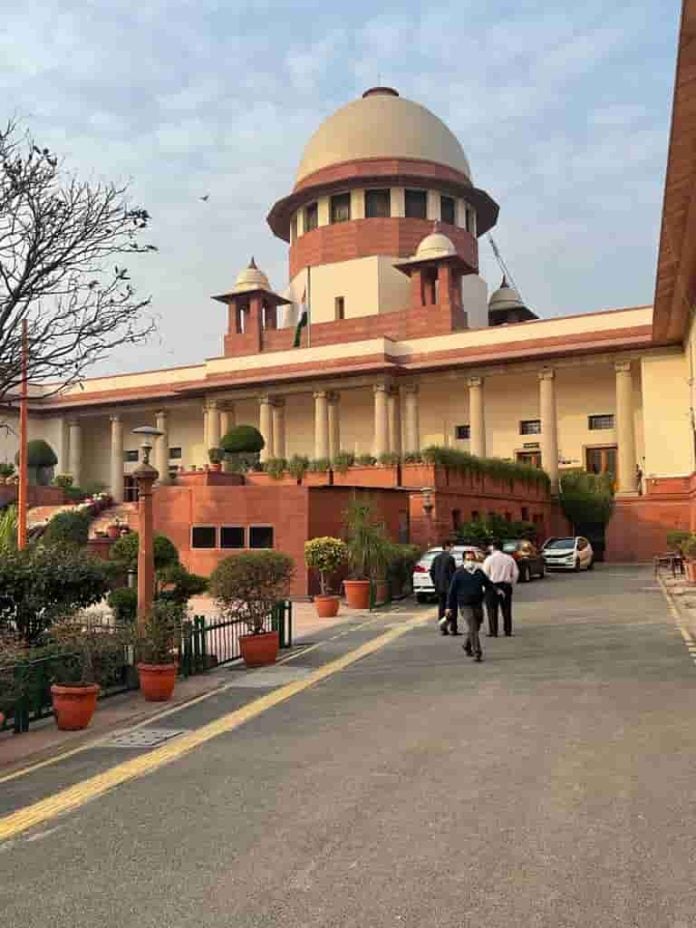The Supreme Court on Wednesday decided to postpone the hearing to November 24, regarding the scope of legislative and executive powers to be exercised by the Centre and the Government of National Capital Territory of Delhi, over control of services in the national capital.
Appearing for the Union of India, Solicitor General Tushar Mehta requested the Bench of Justice D.Y. Chandrachud and Justice Hima Kohli to postpone the next date of hearing, as he would not be in Delhi on November 9, due to an official trip abroad.
Earlier on September 27, the five-Judge Bench of Justice D.Y. Chandrachud, Justice M.R. Shah, Justice Krishna Murari, Justice Hima Kohli and Justice P.S. Narasimha had said that it will start hearing on the matter on a day-to-day basis from November 9.
The Constitution bench would be a green bench as no papers will be used or relied upon during the proceedings. No papers were used on September 27 also.
On August 22, the Apex Court had said that a Constitution bench headed by Justice Chandrachud has been set up to hear the legal issues which concern the scope of legislative and executive powers of the Centre and National Capital Territory government over control of services in Delhi.
Earlier, the top court of the country had said that the limited issue of control over services relates to the scope of legislative and executive powers of the Centre and NCT Delhi with respect to the term services.
The Constitution bench of this court, while interpreting Article 239AA(3)(a) of the Constitution, did not find any occasion to specifically interpret the impact of the wordings of the same with respect to Entry 41 in the State List.
The Top Court, referred Sub Article 3 (a) of 239AA (which deals with the status and power of Delhi in the Constitution, deals with the law-making power of the Delhi Legislative Assembly on the matters enumerated in the State List or the Concurrent List.
On control over services and challenges on the constitutional validity of the amended GNCTD Act, 2021 and the Transaction of Business Rules, the Central government had asked for a joint hearing of two separate petitions of Delhi government which allegedly give more powers to the Lieutenant Governor respectively, saying they are prima facie correlated.
The plea by the Delhi government created a split verdict in which, a two judge-bench of Justices A K Sikri and Bhushan, both retired since had recommended to the Chief Justice of India that a three-judge bench be set up to finally decide the issue of control of services in the national capital in view of its split verdict.
Justice Bhushan had ruled the Delhi government had no power at all over administrative services, whereas Justice Sikri, said the transfer or posting of officers in top echelons of the bureaucracy (joint director and above) can only be done by the Central government and the view of the Lieutenant Governor would prevail in case of a difference of opinion on matters relating to other bureaucrats.


